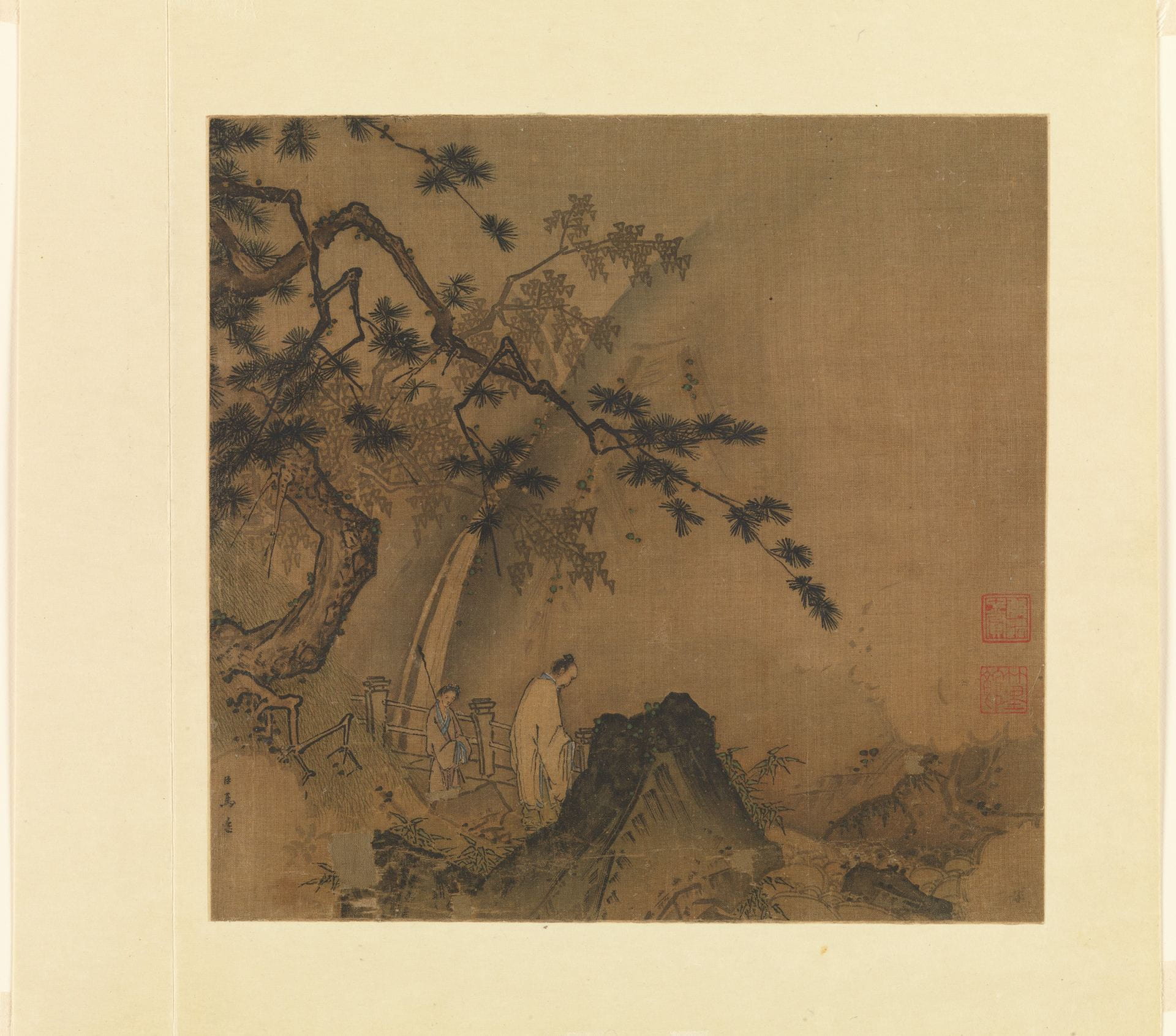Joshua Fogel
(Professor, Canada Research Chair, History, York University)
“The Afterlife of a Material Object: The Mysterious Gold Seal of 57 C.E.”

Joshua Fogel
(Professor, Canada Research Chair, History, York University)
“The Afterlife of a Material Object: The Mysterious Gold Seal of 57 C.E.”
Seongun Kim
(PhD Candidate, History, University of Chicago)
“Entertaining Japan: Japan’s Postwar Entertainment Broadcasting and the Discourse of Media Responsibility”
May 24 (Thursday) 4-6 pm.
Location: HM 150
Deokhyo Choi
(PhD Candidate, History, Cornell University)
“Racializing the Postwar Crisis: Democratization and the Making of “the Korean Problem” in U.S./Allied-occupied Japan, 1946-1947”
May 17 (Thursday), 4-6 pm.
JHF Room (SS224)
Historical accounts on “postwar Japan” have often hailed the U.S./Allied occupation and democratization of Japan as a critical historical “break” from its ancien regime. Such conventional accounts operate upon a common temporal framework and relational binary in narrating the formation of a new democratic, “peace-loving” nation. Recently, both English and Japanese language studies have problematized the temporal binary framework centered on the issue of continuity and discontinuity and instead have started to illuminate a long historical trajectory that straddles the wartime and postwar periods. However, the relational binary of U.S.-Japan, another axis of the narrative framework of “postwar” history, still remains unquestioned in the scholarship. In other words, the formation of postwar Japan is primarily understood only from the viewpoint of U.S.-Japan relations. It is still essentially a story about U.S.-Japan(ese) direct encounters, collaborations, or “embracing.”
This paper challenges both the temporal and relational binaries underlying the history of postwar Japan. Diverging from conventional historical accounts on the democratization of Japan under U.S./Allied occupation, it begins with the question of how Japan’s “postwar democracy” was forged vis-à-vis the postcolonial Korean population in former metropolitan Japan. Through an examination of post-empire “race-making” that emerged in the form of the ideological reformulation of “the Korean problem,” this paper discusses how the new Japanese nation-state was framed through the reimagining of now-liberated Korean colonial subjects in Japan as well as through the embracing of U.S./Allied occupation.
Prasenjit Duara
Raffles Professor of Humanities, Director of Asia Research Institute, National University of Singapore
“Competitive Temporalities and Historical Societies: The Place of Early Modern Circulations”
May 2 (Wednesday), 4-6 pm
Location: HM 103
Professor Duara’s paper and ppt are available below:
Pär Cassel
Assistant Professor, History, University of Michigan
“Tinker, tailor, consul, sailor: Sino-Japanese Extraterritoriality under the Treaty of Tianjin, 1871-1895”
Thursday, April 19, 2012
JHF Room, 4-6 pm.
March 27 (Tuesday): Julia Strauss ( Senior Lecturer in Chinese Politics, SOAS, University of London)
“Theatres of Land Reform: Repertoire and Campaign in Su’nan and Taiwan, 1950-53”
April 12: Jacob Eyferth (Associate Professor, EALC, University of Chicago)
“Women’s work and the Politics of Homespun in Socialist China, 1949-1980”
April 19: Pär Cassel (Assistant Professor, History, University of Michigan)
“Tinker, tailor, consul, sailor: Sino-Japanese Extraterritoriality under the Treaty of Tianjin, 1871-95”
May 2: Prasenjit Duara (Raffles Professor of Humanities, Director of Asia Research Institute, National University of Singapore)
“Competitive Temporalities and Historical Societies: The Place of Early Modern Circulations”
May 17: Deokhyo Choi (PhD Candidate, History, Cornell University)
“Racializing the Postwar Crisis: Democratization and the Making of “the Korean Problem” in U.S./Allied-occupied Japan, 1946-1947”
May 24: Seongun Kim (PhD Candidate, History, University of Chicago)
“Entertaining Japan: Japan’s Postwar Entertainment Broadcasting and the Discourse of Media Responsibility”
June 1 (Friday): Joshua Fogel (Professor, Canada Research Chair, History, York University)
“The Afterlife of a Material Object: The Mysterious Gold Seal of 57 C.E.”
Julia Strauss
Senior Lecturer in Chinese Politics, SOAS, University of London
“Theatres of Land Reform: Repertoire and Campaign in Su’nan and Taiwan, 1950-53”
(co-sponsored with East Asia: Politics, Economy, and Society workshop)
4-6 pm, March 27 (Tuesday)
Location: Pick Hall Lounge
Abstract: Although scholars have been reluctant to directly compare the People’s Republic of China and the Republic of China on Taiwan, in the early to mid 1950s, these two consolidating party-states had far more in common than is generally supposed. For both,the pursuit of land reform was key to the regime consolidation and perceived legitimacy of the regime. For both land reform was a signature policy and was implemented as a campaign by which each regime fundamentally reordered relations economic and political relations in the countryside. This article explores a range of surprising similarities as well as points of divergence. It focusses in particular on the ways in which land reform campaigns were organized, justified and pursued, the ways in which particular pre-existing rhetorics and repertoires were invoked, the ways in which large numbers were mobilized in support of the campaign, and the specific “theatres” in which the power of state mandated land reform was displayed.
Noriko Yamaguchi
Ph.D Candidate, History, University of Chicago